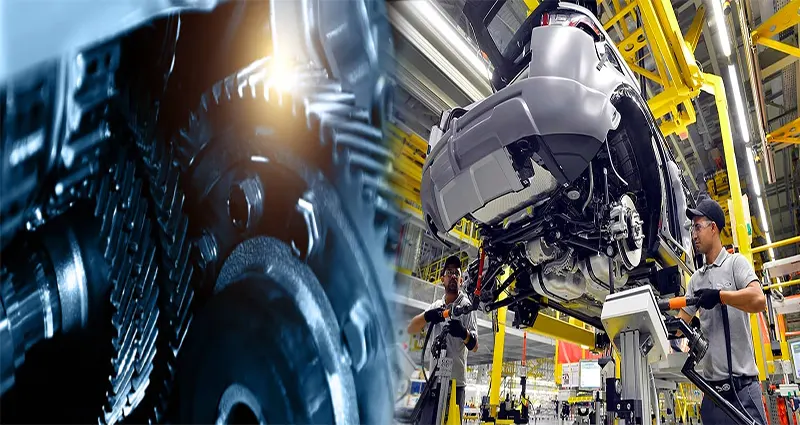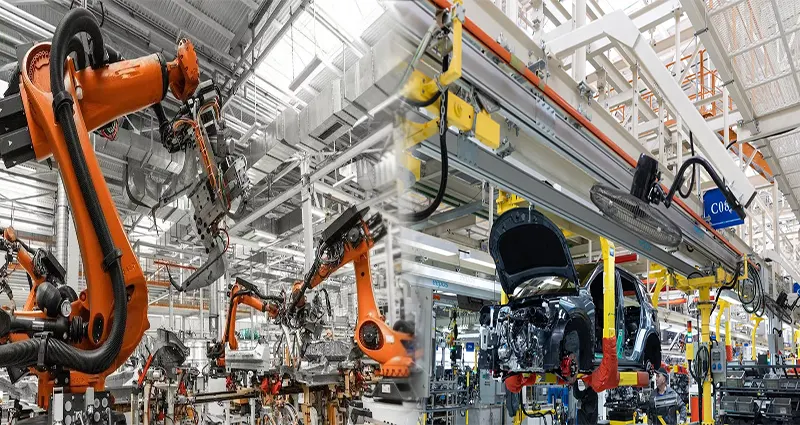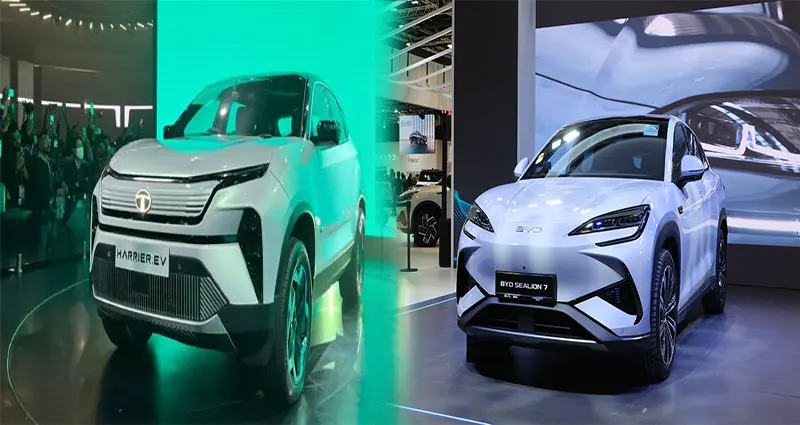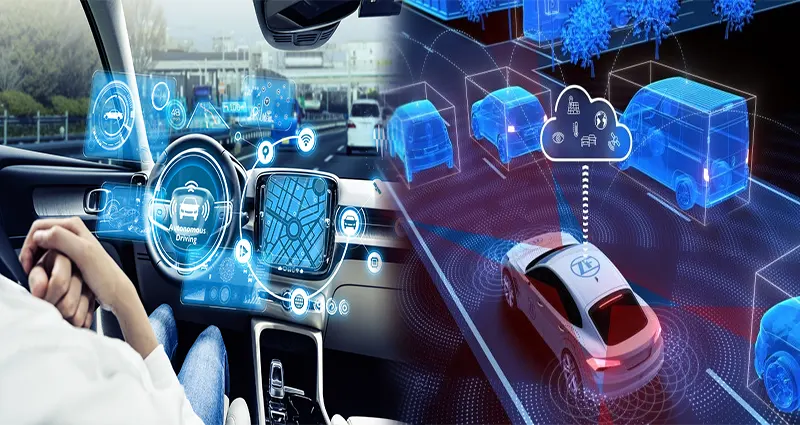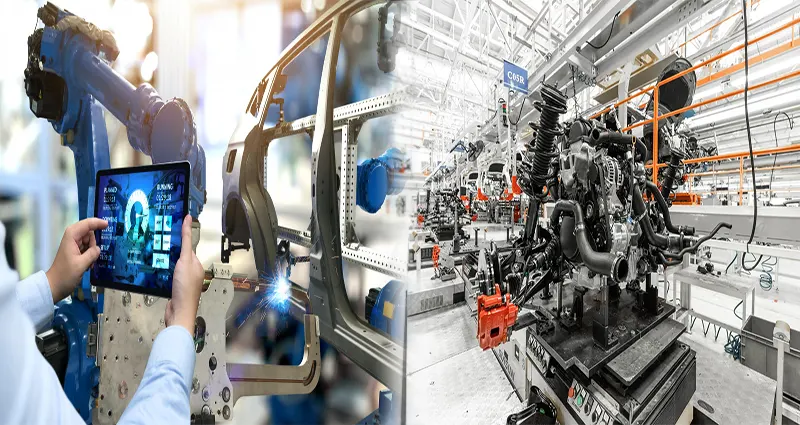Shifting Gears: Understanding the Impact of Global Supply Chain Issues on the Automotive Industry
The automotive industry, known for its intricate network of suppliers and manufacturers across the globe, is currently facing unprecedented challenges due to disruptions in the global supply chain. From semiconductor shortages to logistical bottlenecks, these issues are significantly impacting automotive production, distribution, and ultimately, the consumer experience. Let’s delve into the key repercussions of these supply chain disruptions on the automotive sector.
Semiconductor Shortages: The Driving Force Behind Production Delays
One of the most pressing issues affecting the automotive industry is the global shortage of semiconductors, essential components for modern vehicles. As the demand for electronic features in cars continues to rise, semiconductor manufacturers are struggling to keep up, leading to production delays and reduced output for automotive companies. The ripple effect of these shortages is felt throughout the supply chain, resulting in bottlenecks and challenges in meeting consumer demands.
Logistical Bottlenecks: Roadblocks to Efficiency
The smooth operation of the … Read More ...

